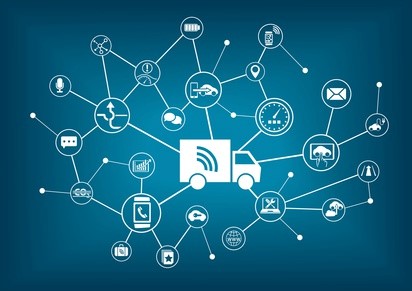Last month the European Union agreed to its position in response to a proposal for the use of electronic information in the transport of goods.
All public authorities must accept the information transmitted electronically via certified platforms when companies opt for the digital format to present proof of compliance with legal requirements. If they prefer, they can still submit the required information on paper.
One of the objectives will be to achieve interoperability between the various computer systems and solutions used for the exchange of information.
To ensure that the rules are applied uniformly, common procedures will be detailed, in addition to exhaustive rules for access to such information and its processing by the authorities, according to El Vigía.
One of the drawbacks is that many state authorities still do not accept electronic documents, and most freight companies use paper documents. There is no coherent legal framework, and a large number of different and non-interoperable IT systems are used.
This will be a great step towards the digitization of the sector, saving time and money, and will be good for the environment, according to the EU Council.
Source: El Vigía
In Portugal, this practice has been in force since 2013.
Electronic processing between economic agents and tax authorities is efficient (fast). The phasing out of paper not yet been achieved, however, as some products (e.g. ADR) still require paper.
(Our ERP in Portugal is certified by the Portuguese Tax Authority).


